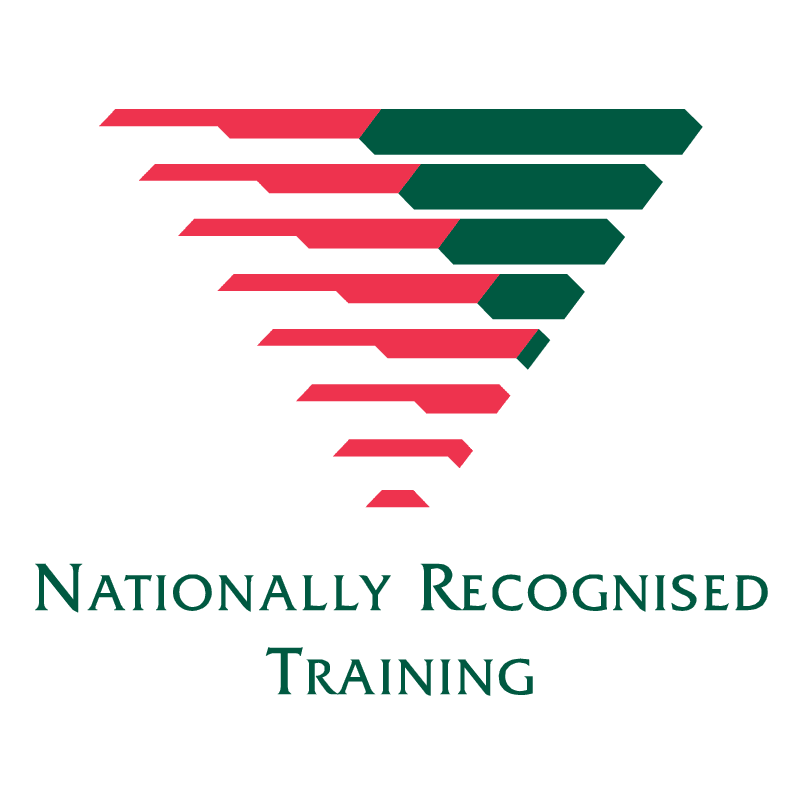

Nationally Recognised Qualifications
Our courses are accredited
Classes at each level have units of competency, to help you learn different skills in English. For example, you might just want to learn conversational English, or learn to express yourself better at work or write business emails. At your orientation, you will get information about your program.
- CSWE and EAL: AMEP students study the Certificates in Spoken and Written English selected units of the Foundation Skills Training Package (FSK), or the English as an Additional Language (EAL)
- FSK: SEE program students study the Foundation Skills Training Package.
All Adult Migrant English Program (AMEP) clients are enrolled in accredited courses including the Certificates in Spoken and Written English (CSWE). These nationally recognised qualifications help you to learn the skills you need to settle in Australia.
The courses are based on your individual needs, skill levels and interests. They are also matched with your training and employment goals, to help you find work. You can study your CSWE course in class.
Certificates in Spoken and Written English (CSWE)
Navitas delivers four CSWE levels, including the Course in Preliminary Spoken and Written English. Each level has a number of units of competency that are selected to meet your learning needs. Your teacher will assess you throughout the course so you can keep track of your progress.
10725NAT Course in Preliminary Spoken and Written English
5 units are required for this qualification – you will be provided the details during orientation. This course is for people who:
- have not been to school or have attended school for only a short time, or
- have no English language skills at all
What will I learn?
- how to study
- recognising and writing the English alphabet
- recognising and using numbers in everyday life
- recognising some simple signs
- reading and writing some simple sentences
- giving personal information
Units of Competency
- SWERST001 Read a very limited range of words and very simple texts
- SWERWA001 Begin to read and write the English alphabet
- SWERCT001 Read a limited range of words and compose very simple texts
- SWEWWS001 Write a limited range of words and very simple sentences
- SWEESD001 Engage in very short dialogues
- SWERSS001 Read very simple signs
- SWEDEV001 Develop preliminary English vocabulary for settlement
- SWEDCS001 Develop preliminary coordination skills for learning
- SWEPLL001 Begin to participate in a formal English language learning environment
- FSKNUM001 Use beginning whole number skills and money up to 100 for work
- FSKNUM002 Use beginning skills related to time and 2D shapes for work
10727NAT Certificate I in Spoken and Written English
5 units are required for this qualification – you will be provided the details during orientation. This course is for people who are just beginning to learn English.
What will I learn?
The units in the course cover:
- how to have a short, simple conversation
- understanding simple instructions
- leaving a short telephone message
- filling in a short form
- reading a short newspaper story
Units of Competency
- SWEELC001 Listen to and engage in short simple social conversations
- SWEELT001 Listen to and engage in short simple spoken transactions
- SWERWT001 Read and write simple social texts
- SWERWT002 Read and write simple transactional texts
- SWELRT001 Read and listen to simple information texts
- SWERWI001 Read and write simple personal information
- SWEBLC001 Build simple learning capabilities to learn English
- SWEAOA001 Access simple online English language learning applications
- FSKNUM003 Use whole numbers and halves for work
- FSKNUM004 Use basic and familiar metric measurements for work
- FSKNUM008 Use whole numbers and simple fractions, decimals and percentages for work
10728NAT Certificate II in Spoken and Written English
5 units are required for this qualification – you will be provided the details during orientation. This course is for people who have a limited understanding of English.
What will I learn?
At this level, you will begin to develop skills to help you manage simple everyday personal, social and workplace situations. The units in the course cover:
- having a casual conversation with someone
- visiting the doctor
- going shopping and talking with sales staff
- participating in a simple interview
- writing a short story
- reading job ads
- writing a short resume
Units of Competency
- SWEELD001 Engage in and listen to basic spoken dialogues
- SWEDCT001 Deliver and comprehend basic procedural spoken texts
- SWERWT003 Read and write basic everyday texts
- SWERWT004 Read and write basic procedural texts
- SWERWT005 Read and write basic story texts
- SWERWT006 Read and write basic opinion texts
- SWERWT007 Read and write basic factual texts
- SWEDSJ001 Develop basic English language skills for job seeking
- SWEDML001 Develop basic visual and multimodal literacy
- SWEDVW001 Develop basic English vocabulary for Work, Health and Safety
- FSKLRG004 Use short and simple strategies for work-related learning
- FSKLRG008 Use simple strategies for work related learning
- FSKNUM008 Use whole numbers and simple fractions, decimals and percentages for work
- FSKNUM014 Calculate with whole numbers and familiar fractions, decimals and percentages for work
10729NAT Certificate III in Spoken and Written English
5 units are required for this qualification – you will be provided the details during orientation. This course is for people who already have a basic understanding of English.
What will I learn?
This qualification will help you achieve a functional level of English in everyday social, workplace and study situations. The units in the course cover:
- giving a short presentation
- participating in a discussion
- writing a formal letter or email
- report writing
- reading a newspaper
- following complex instructions
- writing a resume or CV
- telephoning abut a job
- learning more about your individual employment interests
Units of Competency
- SWELPE001 Comprehend and participate in routine formal spoken exchanges
- SWELPE002 Comprehend and participate in routine informal spoken exchanges
- SWERWT008 Read and write routine social texts
- SWERWT009 Read and write routine transactional texts
- SWEDEP001 Use and modify routine English pronunciation
- SWELDT001 Comprehend and deliver routine spoken procedural texts
- SWERWT010 Read and write routine procedural texts
- SWERWT011 Read and write routine further study texts
- SWEDSJ002 Apply routine English language skills for job seeking
- SWERWT012 Read and write routine narrative texts
- SWELCP001 Comprehend and conduct routine spoken presentations
- SWERLN001 Read and listen to the news
- SWEAWV001 Apply routine English Work, Health and Safety vocabulary
- SWEDML002 Develop routine multimodal literacy
- FSKLRG011 Use routine strategies for work-related learning
- FSKNUM015 Estimate, measure and calculate with routine metric measurements for work
- FSKNUM017 Use familiar and routine maps and plans for work
- FSKNUM018 Collect data and construct routine tables and graphs for work
- FSKNUM019 Interpret routine tables, graphs and charts and use information and data for work
- FSKNUM022 Use ratios, rates and proportions for complex workplace tasks
- FSKNUM028 Use routine formulas and algebraic expressions for work
Achieving a qualification
To receive an award, you must attend classes regularly, complete coursework and successfully complete assessments. You usually also need to study after class.
English as an Additional Language
Navitas delivers five EAL levels including the Course in Initial EAL and the Course in EAL. Each course has number of units of competency that are selected to meet your learning needs; Your teacher will assess you throughout the course so you can keep track of your progress.
22636VIC Course in Initial EAL
6 units are required for this qualification. This is course is for learners who:
- have not been to school or have attended school for only a short time, or
- have no English language skills at all
What will I learn?
The units in the course cover:
- learning strategies
- recognising letters of the alphabet and their sounds
- recognising and writing letters and numbers
- giving personal information
- reading and writing simple words
- using digital devices
Units of Competency
- VU23489 Recognise letters of the alphabet and their sounds in extremely familiar words
- VU23490 Use extremely familiar strategies to participate in learning
- VU23491 Recognise and copy extremely familiar words
- VU23492 Participate in extremely familiar spoken exchanges
- VU23493 Recognise, copy and use numbers and money from 1 to 50
- VU23575 Recognise and use extremely familiar digital devices
22637VIC Course in EAL
8 units are required for this qualification. This is course is for learners who:
- have little or disrupted education
- need to develop initial level basic English skills to access further English language education and possible employment
What will I learn?
The units in the course cover:
- extremely familiar vocabulary for immediate needs
- extremely simple grammatical structures (spoken and written)
- engaging in simple conversations
- numbers, time and dates related to time and location
Units of Competency
- VU23494 Use strategies to develop language learning with support
- VU23495 Begin language learning with support
- VU23496 Communicate basic personal details and needs
- VU23497 Give and respond to short highly familiar information
- VU23498 Read and write short, highly familiar messages and forms
- VU23499 Read and write short, highly familiar factual texts
- VU23577 Recognise and use numbers and money from 50 to 100 for highly familiar activities
VU23578 Recognise and use time in highly familiar situations
22638VIC Certificate I in EAL (Access)
8 units are required for this qualification. This course is for learners who want to develop basic English language skills for immediate personal, social and settlement needs including numeracy skills and knowledge.
What will I learn?
The units in the course cover:
- features and conventions of short and simple written and spoken texts
- simple writing conventions for example in short and simple messages and forms
- simple text structures
- simple grammatical structures.
Units of Competency
- VU23500 Plan language learning with support
- VU23501 Participate in short simple exchanges
- VU23502 Give and respond to short, simple spoken information
- VU23503 Read and write short simple messages and forms
- VU23504 Read and write short, simple informational texts, or
- VU23505 Read and write short, simple descriptive texts
Plus 3 General Electives
22639VIC Certificate II in EAL (Access)
8 units are required for this qualification. This is course is for learners who want to develop simple English language for simple everyday communications, transactions and community participation.
What will I learn?
The units in the course cover:
- responding to simple texts in different genres such as information and instructions
- conventions of writing simple texts
- features and conventions of simple written texts and conversations
- simple text and grammatical structures
- paralinguistic features to support communication
- simple vocabulary for different purposes and contexts.
Units of Competency
- VU22358 Develop learning goals
- VU23519 Participate in simple conversations and transactions
- VU23520 Give and respond to simple spoken information and directions
- VU23521 Read and write simple transactional texts
- VU23522 Read and write simple informational texts
- VU23523 Read and write simple transactional texts
Plus 3 General Electives
22640VIC Certificate III in EAL (Access)
8 units are required for this qualification. This is course is for learners who want to focus on the consolidation of English language skills to access a range of further education and/or vocational education options which may require some specialisation.
What will I learn?
The units in the course cover:
- responding to straightforward texts in different genres including informational, transactional and narrative texts
- applying conventions and format to write straightforward texts
- using features and conventions of straightforward written texts and conversations
- using straightforward text and grammatical structures
- using a range of paralinguistic features to support communication.
Units of competency
- VU22384 Develop and document a learning plan and portfolio
- VU23524 Engage in straightforward casual conversations and spoken transactions
- VU23525 Give and respond to straightforward information
- VU23526 Read and write straightforward transactional texts
- VU23527 Read and write straightforward informational texts
Plus 3 General Electives
Foundation Skills Training Package (FSK)
The Foundation Skills Training Package aims to build the core skills of learning, reading, writing, oral communication and numeracy, as well as employability skills of learners.
FSK10119 Certificate I in Access to Vocational Pathways
This course is for people who want to develop very basic skills for further study or employment. The successful completion of FSK10119 Certificate I in Access to Vocational Pathways requires completion of 11 units of competency: 1 core unit plus 10 elective units.
Units of Competency (**Core units)
- FSKLRG004 Use short and simple strategies for work-related learning**
- FSKDIG001 Use digital technology for short and basic workplace tasks
- FSKLRG002 Identify strategies to respond to short and simple workplace problems
- FSKNUM001 Use beginning whole number skills and money up to 100 for work
- FSKNUM002 Use beginning skills related to time and 2D shapes for work
- FSKNUM003 Use whole numbers and halves for work
- FSKNUM004 Use basic and familiar metric measurements for work
- FSKNUM005 Use familiar 2D shapes for work
- FSKNUM006 Use simple and highly familiar spatial information for work
- FSKNUM008 Use whole numbers and simple fractions, decimals and percentages for work
- FSKOCM001 Participate in highly familiar spoken exchanges
- FSKOCM002 Engage in short and simple spoken exchanges at work
- FSKRDG001 Recognise extremely short and simple workplace signs and symbols
- FSKRDG002 Read and respond to short and simple workplace signs and symbols
- FSKRDG004 Read and respond to short and simple workplace information
- FSKRDG005 Read and respond to simple and familiar workplace procedures
- FSKRDG006 Read and respond to simple informal workplace texts
- FSKWTG001 Complete personal details on extremely simple and short workplace forms
- FSKWTG002 Write short and simple workplace formatted texts
- FSKWTG003 Write short and simple workplace information
- FSKWTG005 Write simple workplace formatted texts
- FSKWTG006 Write simple workplace information
FSK10219 Certificate I in Skills for Vocational Pathways
This course is for people who want to develop their skills for further study or employment. The successful completion of FSK10219 Certificate I in Skills for Vocational Pathways requires completion of 11 units of competency: 1 core unit plus 10 elective units.
Units of Competency (**Core units)
- FSKLRG008 Use simple strategies for work-related learning**
- FSKDIG002 Use digital technology for routine and simple workplace tasks
- FSKLRG003 Use short and simple strategies for career planning
- FSKLRG005 Use strategies to plan simple workplace tasks
- FSKNUM006 Use simple and highly familiar spatial information for work
- FSKNUM008 Use whole numbers and simple fractions, decimals and percentages for work
- FSKNUM009 Use familiar and simple metric measurements for work
- FSKNUM011 Use familiar and simple spatial information for work
- FSKNUM012 Use familiar and simple data for work
- FSKOCM002 Engage in short and simple spoken exchanges at work
- FSKOCM003 Participate in familiar spoken interactions at work
- FSKRDG005 Read and respond to simple and familiar workplace procedures
- FSKRDG006 Read and respond to simple informal workplace texts
- FSKRDG007 Read and respond to simple workplace information
- FSKRDG008 Read and respond to information in routine visual and graphic texts
- FSKWTG005 Write simple workplace formatted texts
- FSKWTG006 Write simple workplace information
- FSKWTG008 Complete routine workplace formatted texts
FSK20119 Certificate II in Skills for Work and Vocational Pathways
This course is for people who want to develop their skills for vocational training or to gain employment. The successful completion of FSK20119 Certificate II in Skills for Work and Vocational Pathways requires completion of 14 units of competency: 1 core unit plus 13 elective units.
Units of Competency (**Core units)
- FSKLRG011 Use routine strategies for work-related learning**
- FSKDIG003 Use digital technology for non-routine workplace tasks
- FSKLRG009 Use strategies to respond to routine workplace problems
- FSKLRG010 Use routine strategies for career planning
- FSKNUM014 Calculate with whole numbers and familiar fractions, decimals and percentages for work
- FSKNUM015 Estimate, measure and calculate with routine metric measurements for work
- FSKNUM017 Use familiar and routine maps and plans for work
- FSKNUM018 Collect data and construct routine tables and graphs for work
- FSKNUM019 Interpret routine tables, graphs and charts and use information and data for work
- FSKOCM004 Use oral communication skills to participate in workplace meetings
- FSKOCM005 Use oral communication skills for effective workplace presentations
- FSKOCM007 Interact effectively with others at work
- FSKOCM009 Use oral communication skills to facilitate workplace meetings
- FSKRDG010 Read and respond to routine workplace information
- FSKWTG008 Complete routine workplace formatted texts
- FSKWTG009 Write routine workplace texts
Achieving a qualification
To receive an award, you must attend classes regularly, complete coursework and successfully complete assessments. You usually also need to study after class. A Statement of Attainment will be awarded for successfully completed units of competency.

The Skills for Education and Employment (SEE) Program and Adult Migrant English Program (AMEP) are funded by the Australian Government.

